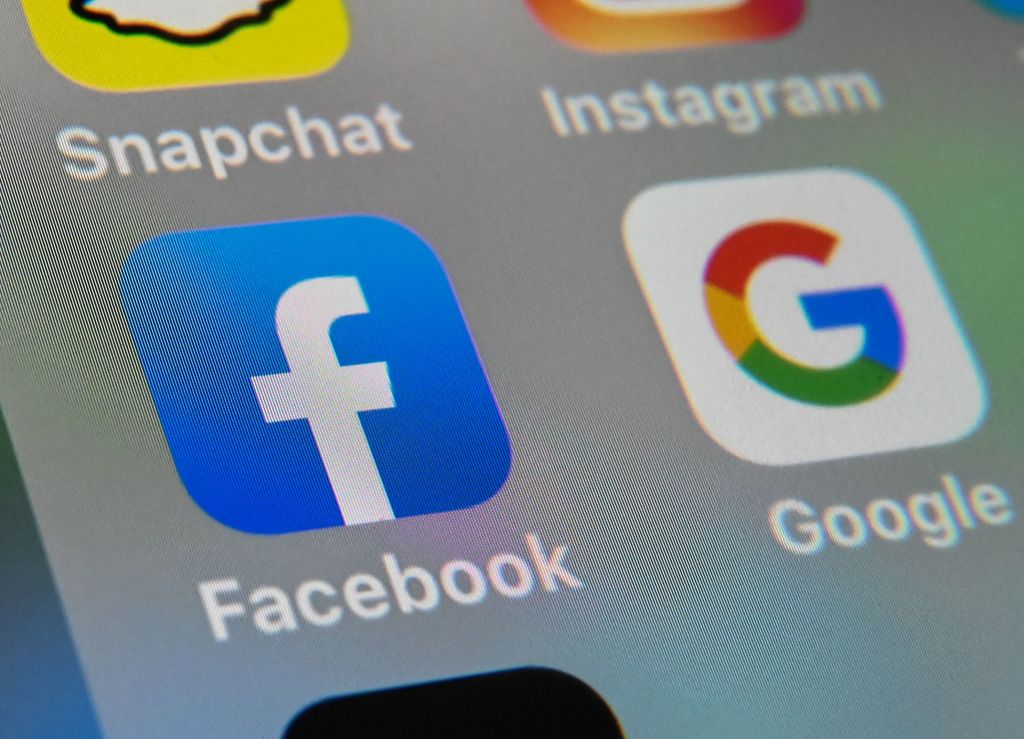The Australian government is preparing what it believes to be "world-first" legislation that will force Facebook and Google to pay Australian media companies for publishing their news.
The government's treasurer, Josh Frydenberg, said Monday (April 20) that "insufficient progress" had been made toward the development of a voluntary code of conduct between the tech giants and traditional media platforms—triggering the government to commence work on a mandatory code.
It had asked the Australian Competition and Consumer Commission (ACCC) to facilitate negotiations between digital platforms and media companies following the release of the regulator's landmark digital platforms inquiry in December. The report, which took 18 months to prepare, exposed the dominance of Facebook and Google in Australia—collectively commanding around 71% of the ad market, while Google accounts for 98% of mobile search and Facebook is used by two-thirds of Australians daily.
"This has created a level of market concentration and power that was never envisaged by our regulatory system," Frydenberg said.
The goal of the voluntary code—due to be finalised in November 2020—was to "protect consumers, improve transparency and address the power imbalance between the parties".
Key elements under discussion were the transparency of the tech companies' ranking algorithms, the sharing of user data, and the presentation of news content in ranking algorithms/search page results.
One of the most crucial topics was the value exchange for publishers of delivering news via Facebook and Google, and whether the parties should share advertising revenue generated against content. On this issue, the ACCC have said there was no meaningful progress and “no expectation of any even being made”.
Overall, it appears the two sides of the industry have failed to come to an amicable agreement.
In light of this, the government has now asked the ACCC to write a mandatory code that will address all the issues outlined above, plus the penalties and sanctions for non-compliance. The intention is to have a draft code of conduct released for comment by the end of July and legislated "shortly thereafter".
"It is only fair that the search engines and social media giants pay for the original news content that they use to drive traffic to their sites," Frydenberg said. He added that the legislation will seek to "create a level playing field where market power is not misused, companies get a fair go and there is appropriate compensation for the production of original news content".
Quite how the payment exchange will work is yet to emerge, but it will likely come in the form of shared advertising revenue.
Citing examples of past attempts by governments to regulate the value exchange of online news—including those by France and Spain in which Google was ordered to pay local news outlets, but ultimately refused—Frydenberg said the Australian government is "under no illusions as to the difficulty and complexity of implementing a mandatory code". But he added there is "too much at stake".
A Facebook spokesperson said the company is "disappointed by the government's announcement, especially as we’ve worked hard to meet their agreed deadline".
"COVID-19 has impacted every business and industry across the country, including publishers, which is why we announced a new, global investment to support news organisations at a time when advertising revenue is declining. We believe that strong innovation and more transparency around the distribution of news content is critical to building a sustainable news ecosystem. We’ve invested millions of dollars locally to support Australian publishers through content arrangements, partnerships and training for the industry and hope the code will protect the interests of millions of Australians and small businesses that use our services every day," Facebook said.
A Google spokesperson commented: "We've worked for many years to be a collaborative partner to the news industry, helping them grow their businesses through ads and subscription services and increase audiences by driving valuable traffic. Since February, we have engaged with more than 25 Australian publishers to get their input on a voluntary code and worked to the timetable and process set out by the ACCC. We have sought to work constructively with industry, the ACCC and Government to develop a Code of Conduct, and we will continue to do so in the revised process set out by the Government today."











